"THE FIRST DUTY OF SOCIETY IS JUSTICE. " - ALEXANDER HAMILTON
HUGO FIERRO & MICHAEL PEREZ
SSI and Social Security Disability Representatives
(305) 988 - 9228
CALL US NOW FOR A FREE CASE EVALUATION
NO UPRONT FEES OR COSTS
*Failure to act promptly may result in losing your designation as an "insured" individual.
Advocating for the rights and needs of people with disabilities:
Discovering new possibilities
When your health condition makes it difficult for you to work, You have the potential to be eligible for regular payments and healthcare benefits.

Advancing Social Security Disability Insurance (SSDI) and Supplemental Security Income (SSI) Rights
The government sponsors a program known as Social Security, which furnishes financial support to retired individuals, their spouses, dependent children and those with disabilities.
If you are injured or suffering from a serious complaint that undermines your ability to fulfill life obligations, you may be entitled to collect Social Security Disability benefits.
These payments could serve as a crucial support system to prevent financial distress in the future.
We'll work together to manage all the necessary details.

We advocate for the rights of individuals with disabilities and their families
Is applying for benefits something you are considering?
The application process can be a challenging and confusing experience.
Each claim is subject to a rigorous assessment process and even minor mistakes could lead to claim rejection.
We'll ensure that you receive the benefits you're entitled to.

Have you been denied Social Security Disability benefits?
Did you receive a denial notice for your Social Security Disability claim?
It's not too late to get the benefits you deserve - there may still be options available to you.
Let us help you with the answers and guidance you need to make this process a success.
We comprehend the implications of your medical state and the medical paperwork you need to fulfill the qualifications

for disability benefits immediately.
Let us handle the complexities of the application process for you!

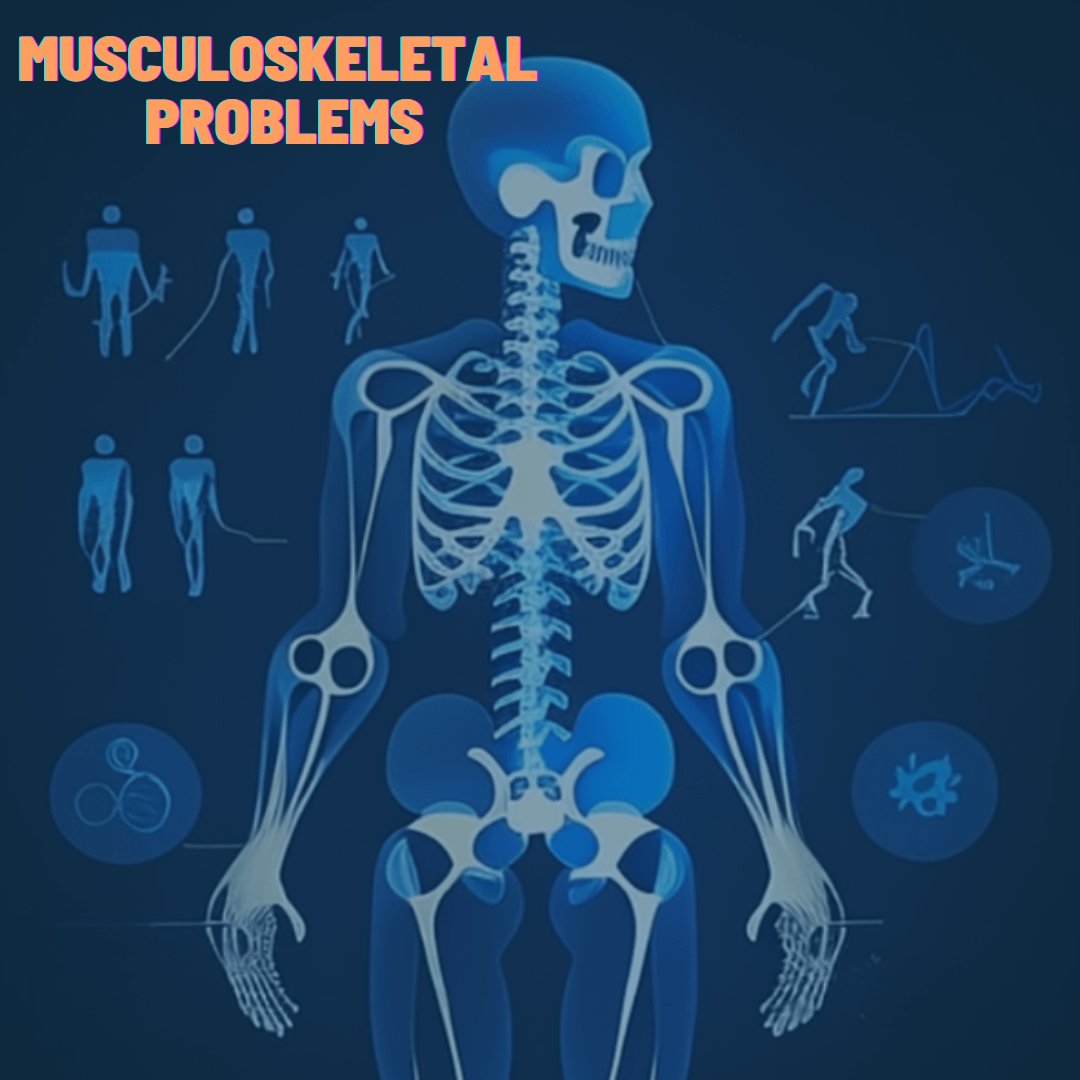
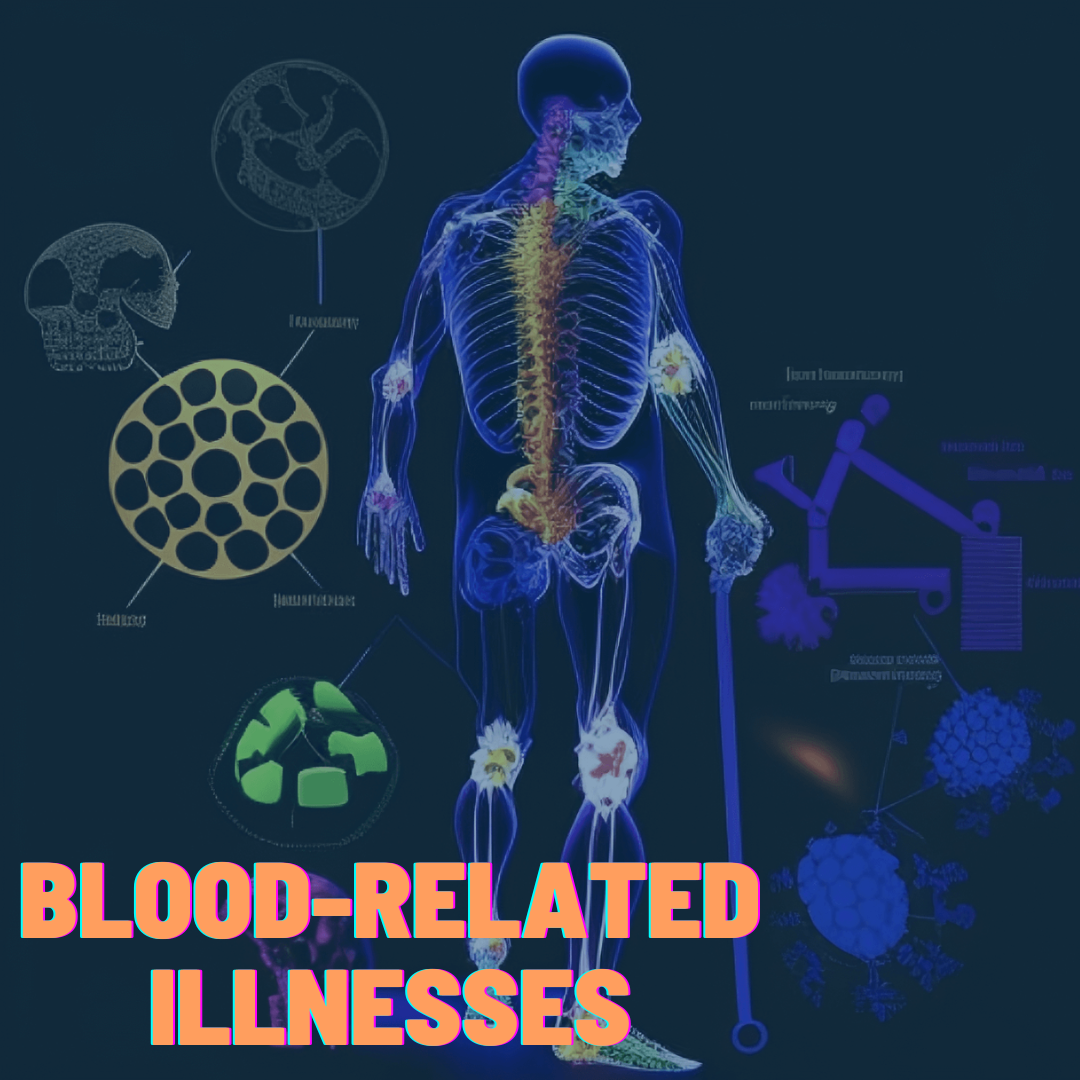
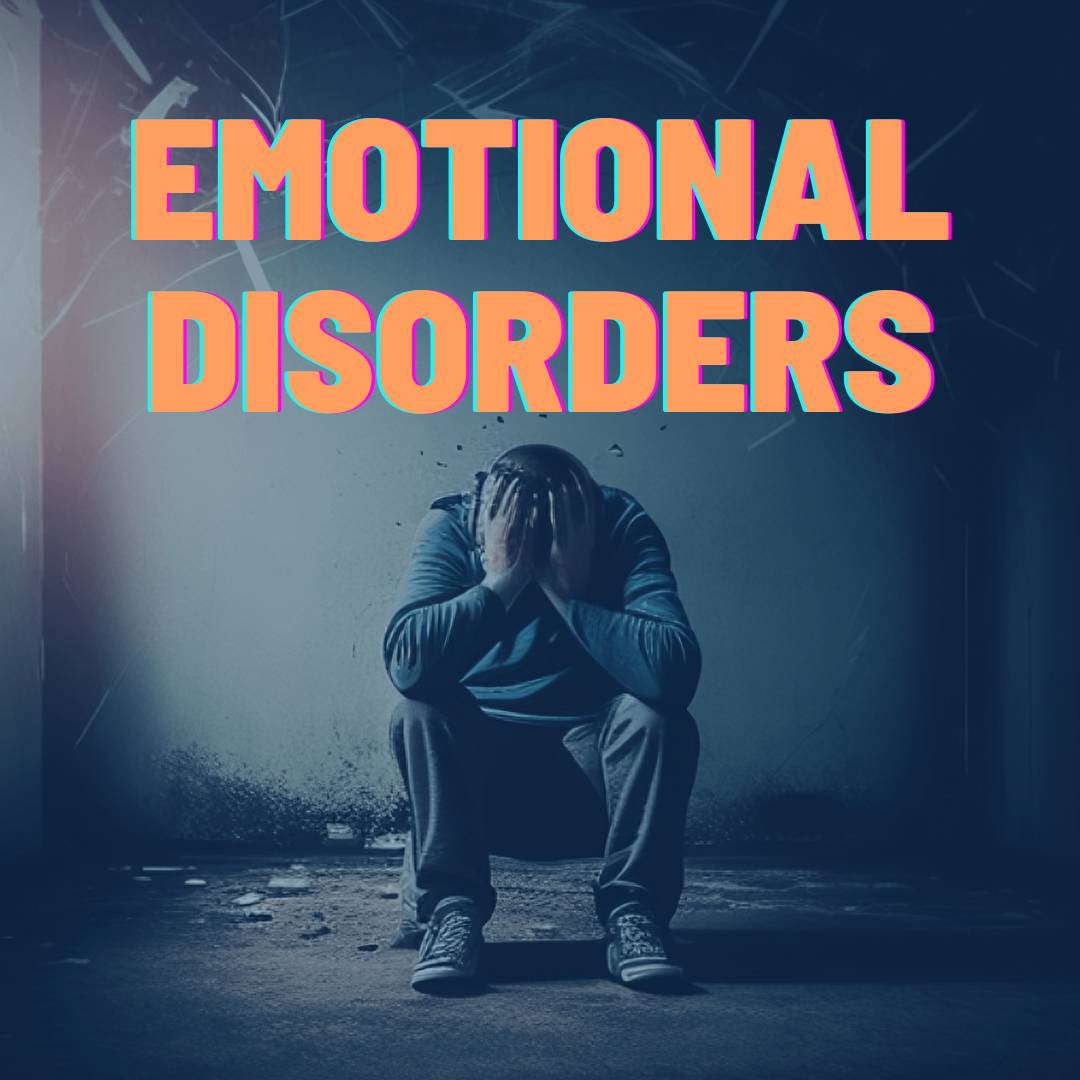
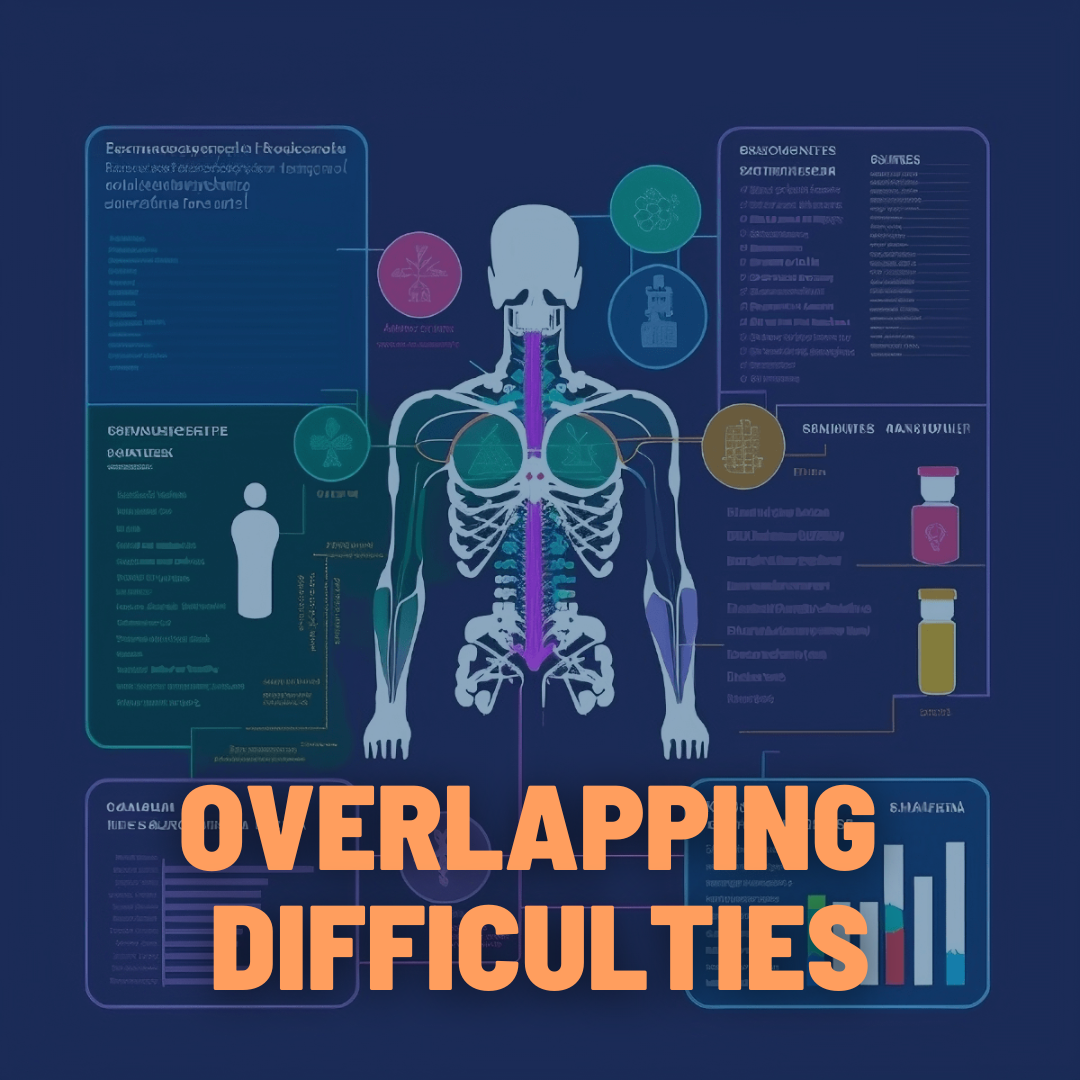
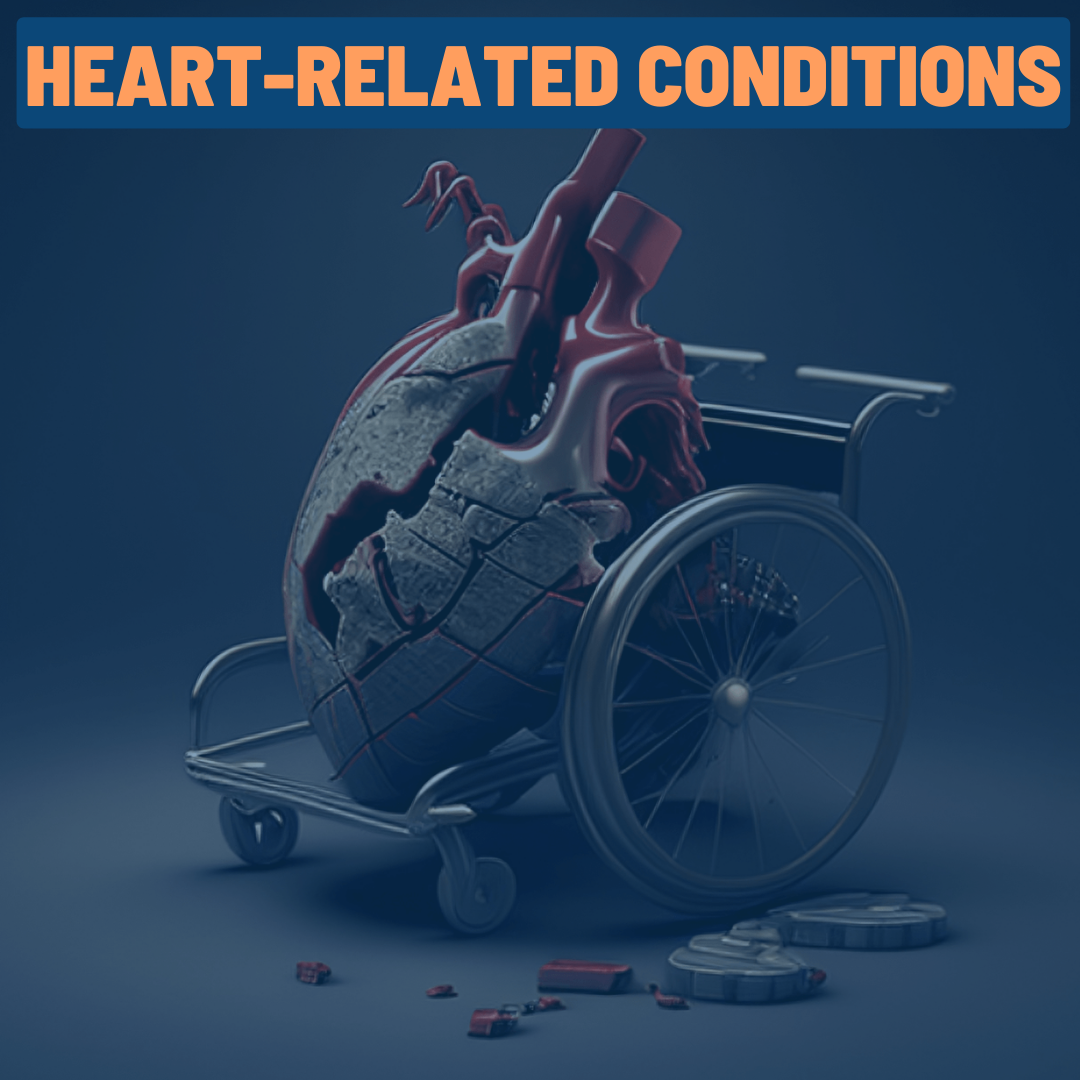
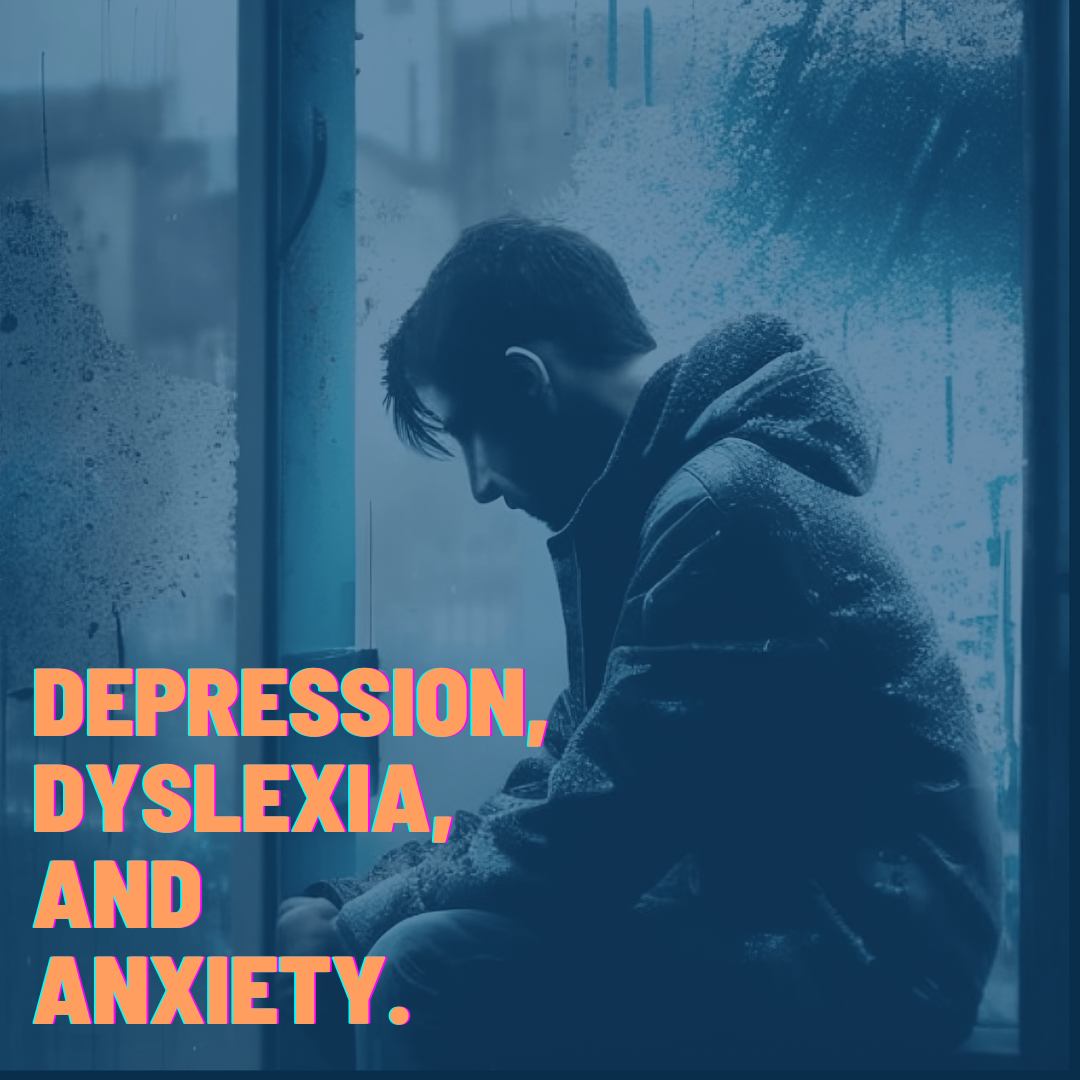
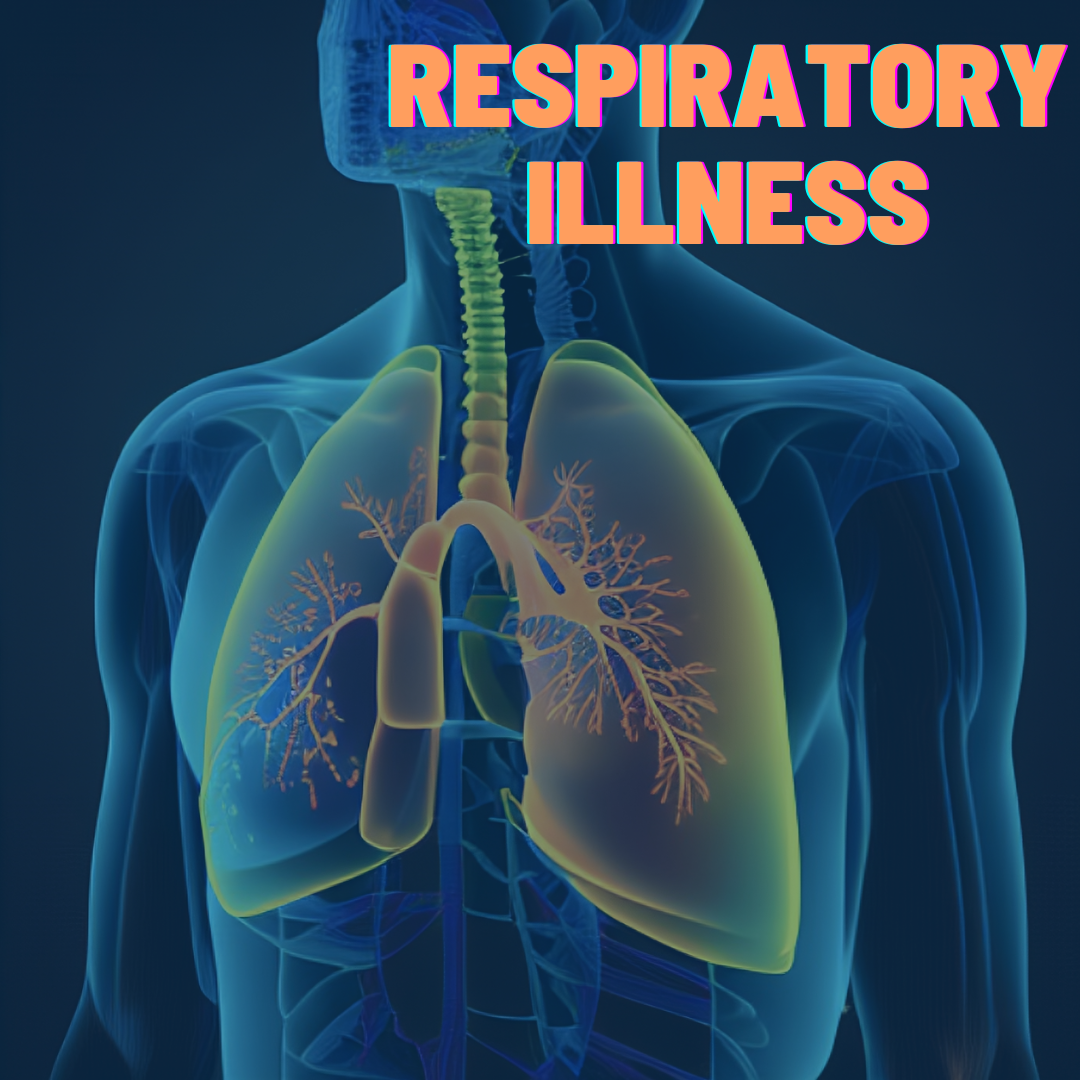
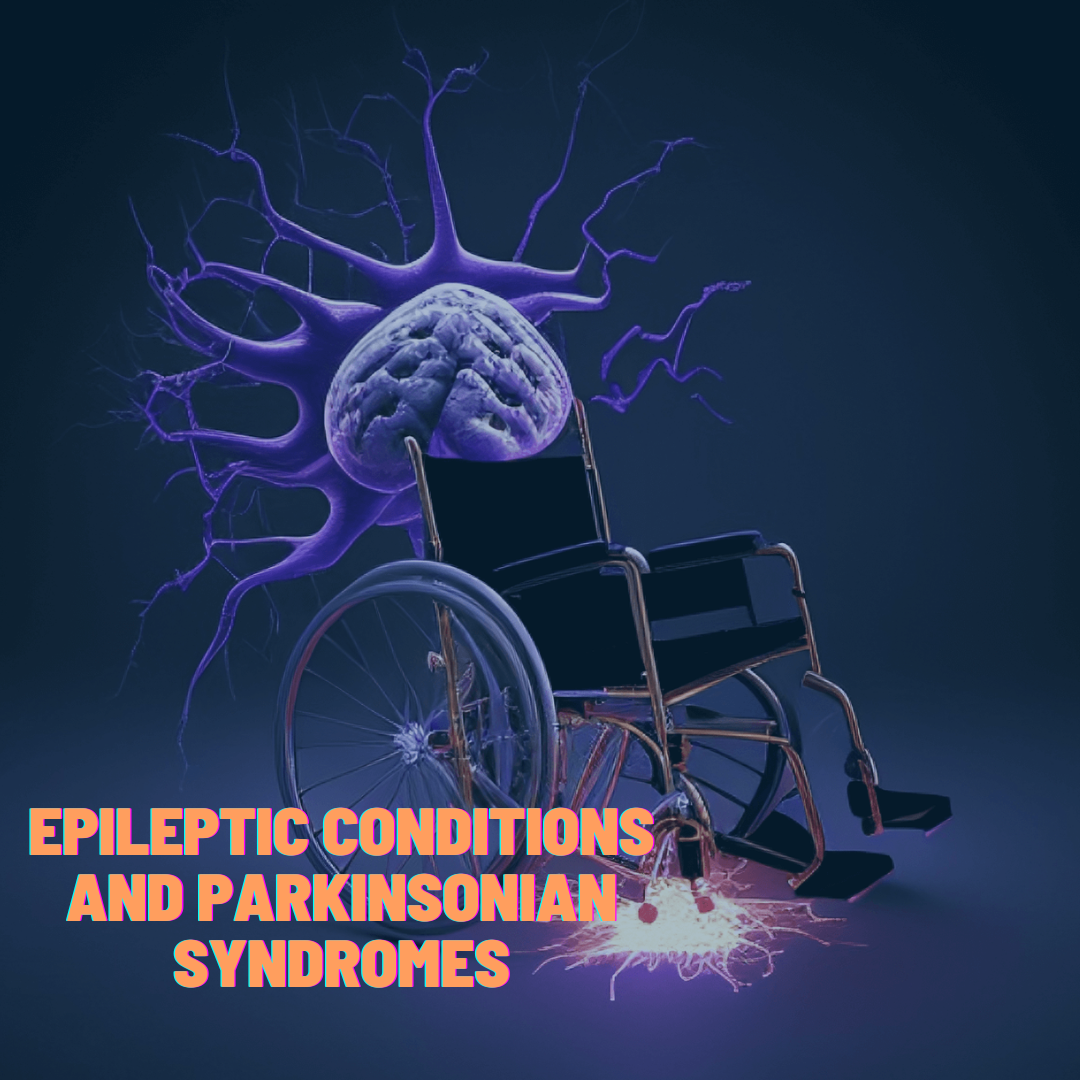
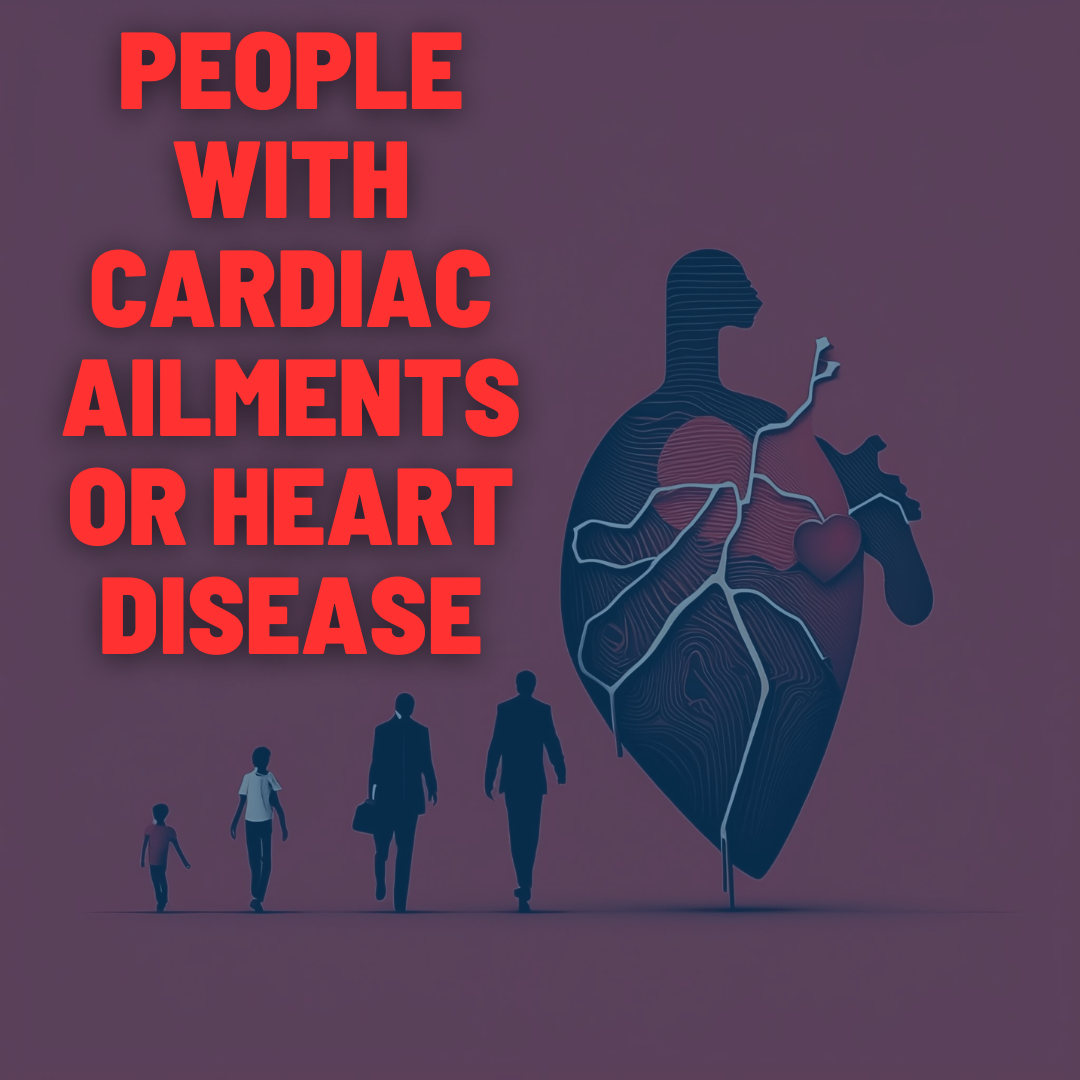
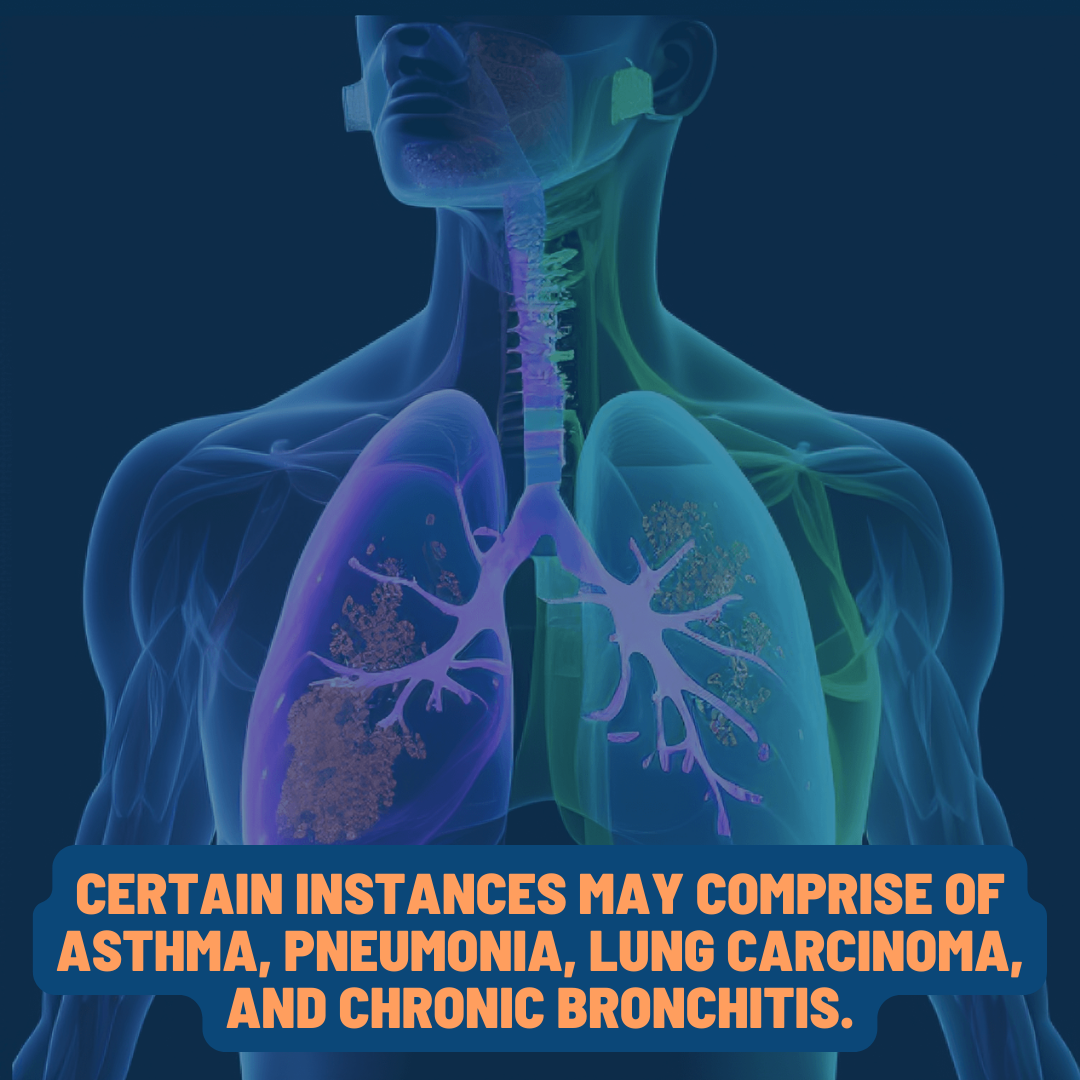
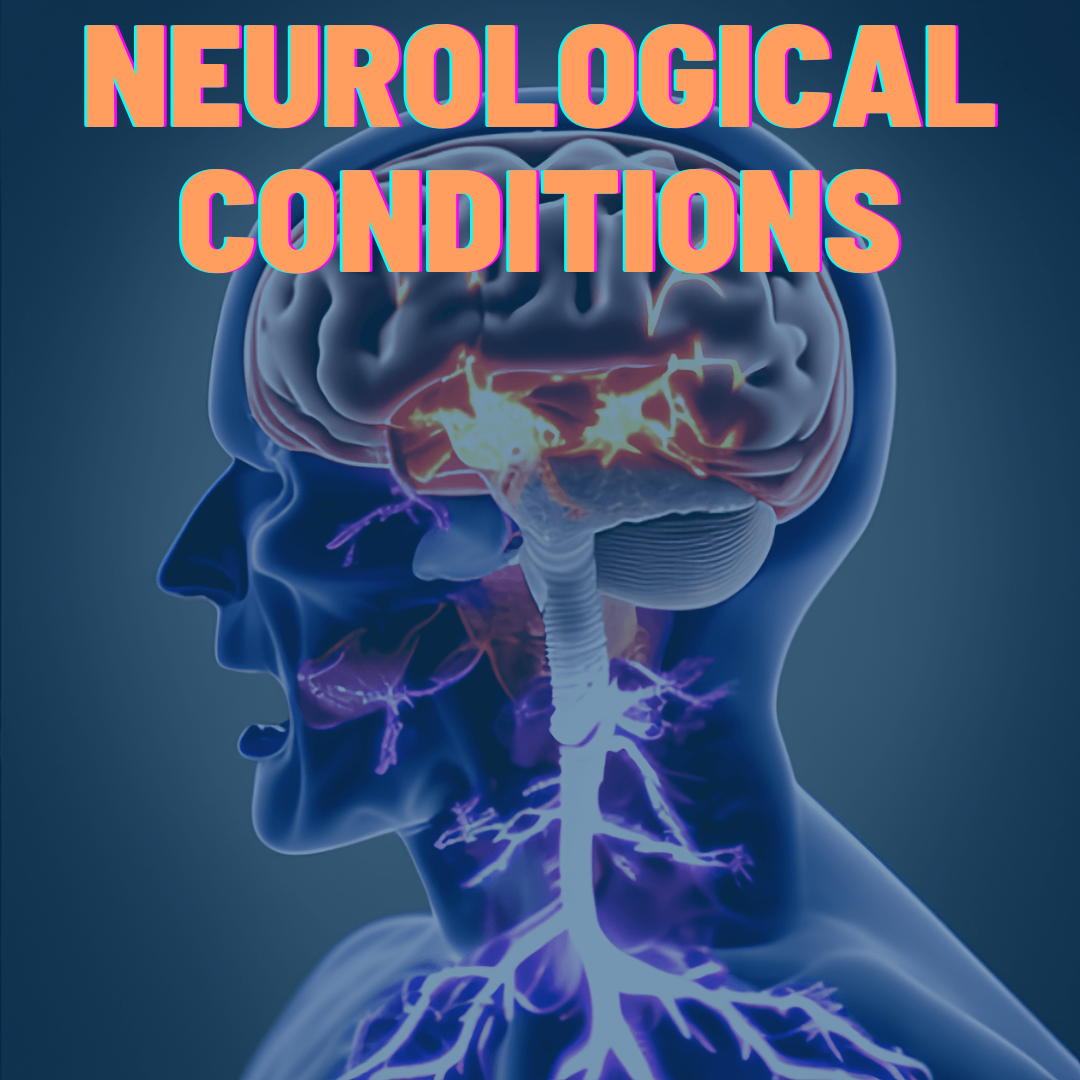

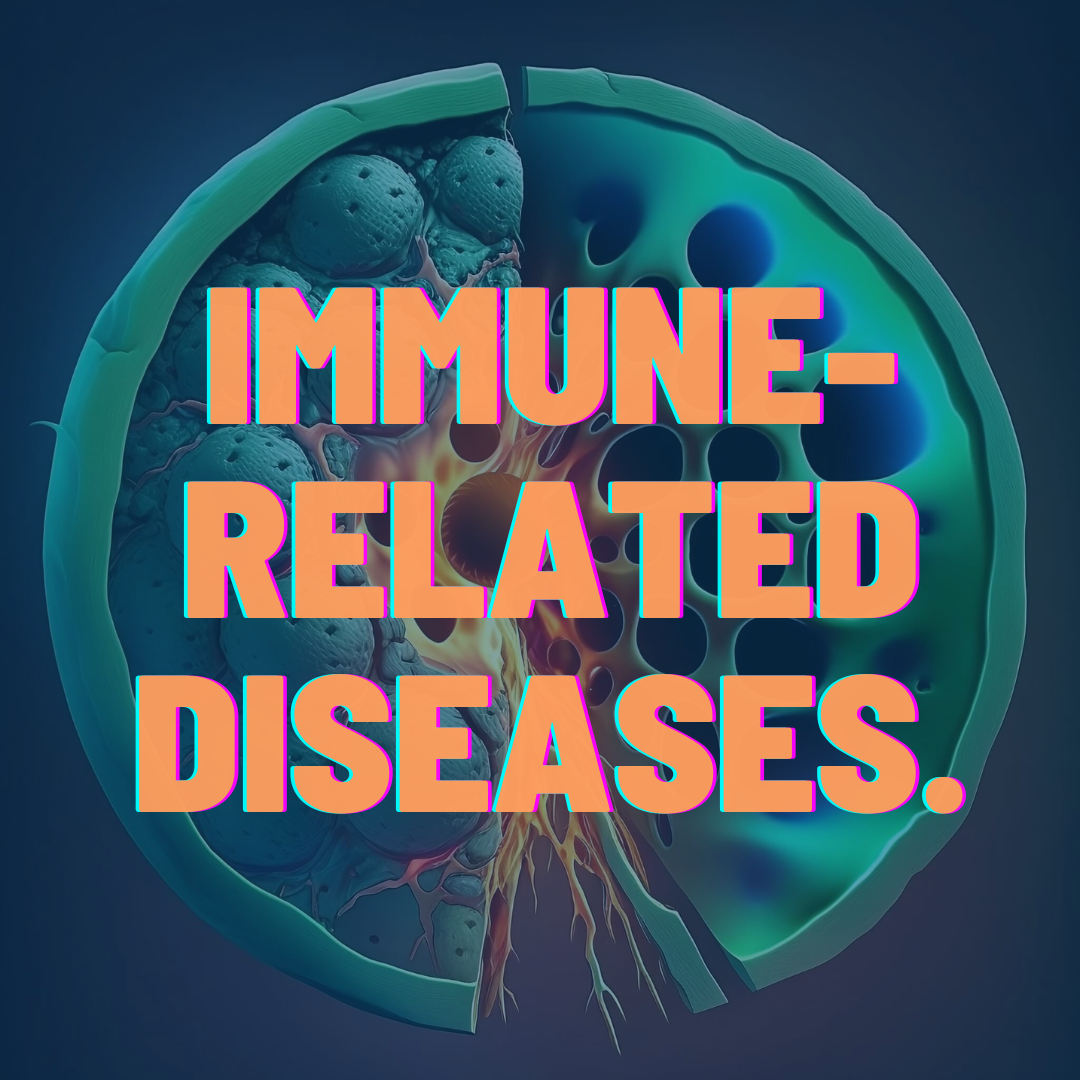
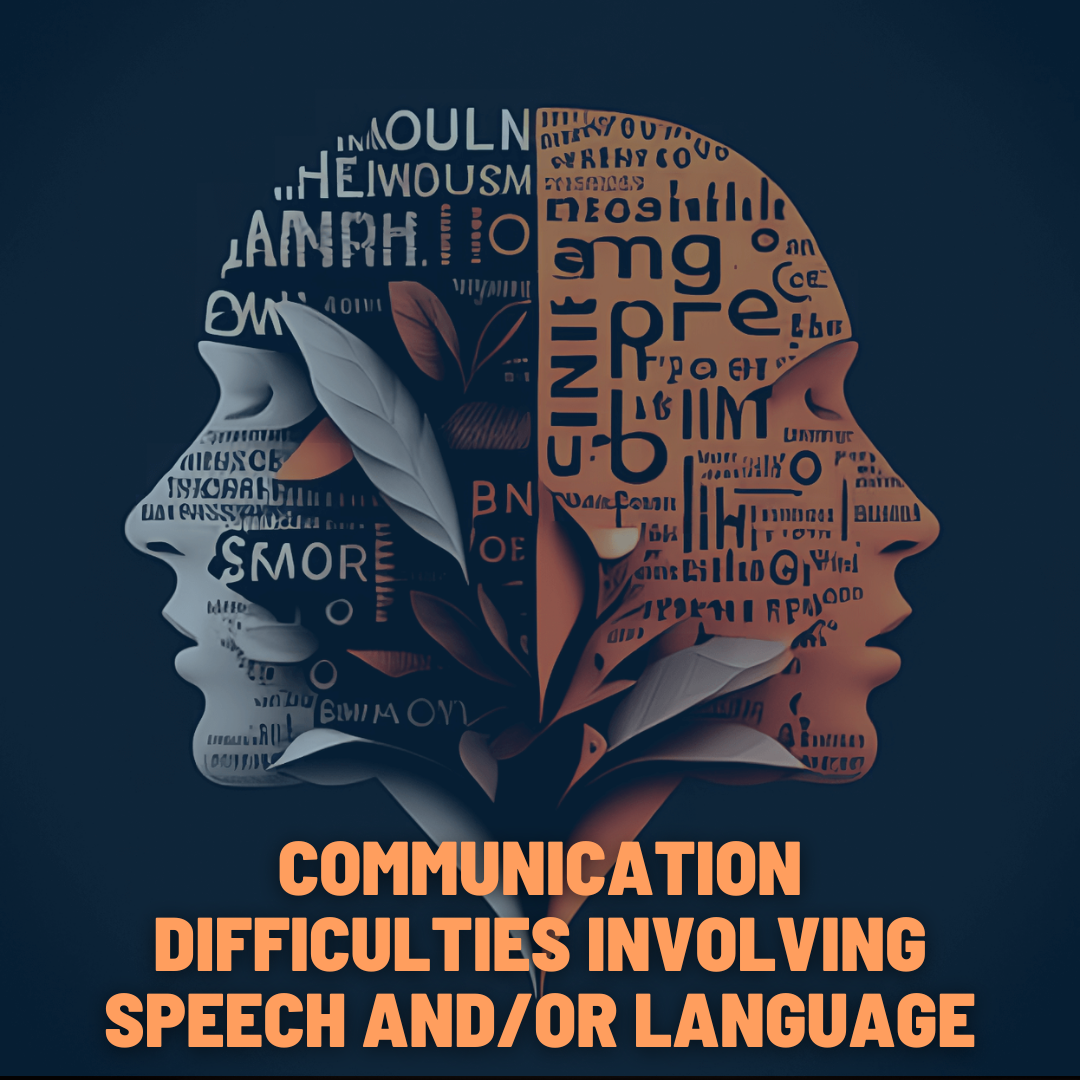
Empowering the Disabled Community: Redefining What's Possible
What is Social Security Disability Insurance (SSDI)?
Social Security is a federal benefit provided by the Social Security Administration (SSA) that is meant to assist eligible people who are ill or injured and cannot return to work.
It provides coverage for millions of previous employees who become disabled, and the amount of benefit is determined by the applicant's earnings and employment history.
If an individual qualifies for SSDI benefits, their dependents, including children and spouses, may be eligible to receive benefits as well.
Widow or widower who are disabled may also be able to collect benefits.
Disabled Adult Child Benefits (DAC) provides financial assistance to disabled adult children of individuals who are either retired, disabled, or deceased and had enough work credits to qualify for Social Security benefits.
*To be eligible for DAC benefits, the disabled adult child must meet certain criteria.
Disabled Widow or Widower (DWB) provides financial assistance to widows or widowers who are disabled and unable to work.
To be eligible for DWB benefits, the widow or widower must meet certain criteria, including:
Being between the ages of 50 and 59 (or 60 and older if the individual's disability began after age 50);
Being disabled and unable to work due to a medical condition that has lasted or is expected to last at least 12 months or result in death;
Being the widow or widower of a spouse who worked long enough and paid Social Security taxes to be eligible for Social Security benefits.
Medicare
Individuals who become disabled, have permanent kidney failure, or Lou Gehrig's disease can also receive Medicare before reaching the age of 65.
It becomes effective after you have been receiving disability benefits for two years.
Medicaid
It is a program managed by the state for individuals with limited resources and low income.
If you are eligible for Supplemental Security Income (SSI), you can receive SSI-Related Medicaid.
Requesting a Review of Your Denied Social Security Claim!
If your application for SSDI benefits is denied, you have the right to appeal the decision.
You must make a written request for reconsideration within 60 days of receiving your decision letter from the SSA.
Disability claims can undergo numerous stages of evaluation and appeals!
Reconsideration
Case will be reviewed by a different Social Security Administration (SSA) claims examiner that can also consider any submitted evidence and pose questions about your case.
Hearing
If your claim isn’t approved at the reconsideration stage, you can request a hearing in front of an Administrative Law Judge (ALJ).
During the hearing, the ALJ will take into account all evidence in your claim file and hear your testimony.
It is helpful to have a Representative to assist you in preparing for the judge's questions and advocating for your case.
Appeals Council
If you are unsatisfied with the Administrative Law Judge's decision, you can request a further review by the Social Security Appeals Council.
This Council can affirm the judge’s decision, reverse it and approve your benefits, or send the case back to the judge for additional review.
The Appeals Council has the discretion to deny your request for review.
Federal Court
If the appeals council denies your claim, you can file a lawsuit in federal district court as a final appeal.
WHO MEETS THE REQUIREMENTS FOR SOCIAL SECURITY DISABILITY BENEFITS?
In general, to collect SSDI, you must:
- Be under the age of 65;
- Have worked 5 out of the last 10 years as of the date of the onset of your disability (this requirement is waived for applicants ages 22 or younger)
- Have a covered physical or mental condition that prevents you from being gainfully employed;
- Have a condition that is expected to last at least 12 months or result in death;
- Your disability makes it impossible for you to work in the same occupation you held prior to becoming disabled; and
- Your disability makes it difficult for you to learn and adjust to a different line of work.
The SSA has a list of disabling medical conditions, "Blue Book", that qualify for SSDI.
* This list is not all-inclusive, and you may still be eligible for benefits.
Don’t be discouraged if your condition is not listed in the blue book – you may still be eligible for disability benefits when: (1) The impairment is equal to a blue book impairment or (2) the complaint stops the applicant from working.
Were you unsuccessful in obtaining Social Security Disability benefits?
It's common for the majority of applicants to be denied in the first round.
Some of the most common reasons for SSDI claim denials include:
If you delay too much, you may forfeit your eligibility as an “insured” individual.
- Lack of hard medical evidence– Your medical records must show that you have a qualifying medical or mental disability. Nonetheless, it is possible that you are experiencing multiple health issues that, together, compromise your ability to work or make it exceedingly challenging.
- Not enough work credits– You don’t qualify due to your work history.
- Prior denials– Resubmitting the same application at a later date won’t change the decision.
- Failure to cooperate– If the SSA asks for further documentation, you’ll need to provide it.
- Failure to follow treatment– Patients are expected to comply with prescribed medical treatment that could improve a disabling condition.
- Despite limitations, there are still many types of work you can undertake – Your claim may not fully demonstrate the extent to which your ability to earn income has been reduced.
- The work eligibility tests are designed to evaluate a person’s ability to work and determine if their condition prevents them from performing substantial gainful activity (SGA). The SSA uses two primary tests to evaluate work eligibility: the earnings test and the medical-vocational test.
- The earnings test: evaluates a person’s current work activity and earnings to determine if they are performing SGA. If a person is earning above a certain amount per month, they may not be eligible for disability benefits.
- The medical-vocational test evaluates a person’s age, education, work history, and medical condition to determine if they are able to perform any type of work, considering their limitations. This test takes into account the person’s ability to perform physical and mental tasks required for work and considers whether any jobs exist in the national economy that the person could perform given their limitations.
All is not lost - there are still ways to proceed.

Frequently Asked Questions
The Social Security Administration provides financial benefits to support individuals during challenging times.
Benefits are based on the earnings history of the insured worker, which determines the monthly benefit amount.
Basically, it is an insurance policy created to care for those who become physically or mentally disabled during their working years.
The Social Security program is a federal program in the United States that provides financial assistance to certain groups of people. The program is funded through payroll taxes, which are paid by employees and employers, and the money collected is used to provide benefits to eligible recipients.
There are two different types of disability benefits that you are eligible for:
(SSDI) is based on prior work under Social Security. Operates as a form of protection for workers who have accumulated enough credits through their taxable income. These taxes are the source of funding for (SSDI)
(SSI) payments are made based on financial need. Benefits are accessible to individuals who have disabilities or are blind, including both adults and children who comply with other requirements as well.
SSI is designed to help those who have not paid enough into the Social Security system to qualify for SSDI benefits.
In order to be entitled to Social Security benefits, your inability to work due to injury or disability must be substantiated with evidence.
We offer assistance with gathering and compiling medical documents. Our team verifies that physicians respond to all questions accurately and completely.
To decide whether an SSD application should be granted, the SSA has devised a five-part evaluation process.
- Is the applicant currently working and earning wages?
- Does the applicant have a serious medical condition? The applicant’s condition must render the petitioner unable to perform basic work activities for at least 12 consecutive months.
- Is the claimant’s medical condition listed among the impairments that qualify for Social Security Disability benefits?
- When the medical condition is not included in the list of disabling impairments, the SSA will assess whether the applicant can perform their previous job given their medical condition?
- If they cannot, the SSA will review whether the applicant is qualified to perform any other work with their medical condition? The SSA will consider the applicant’s age, medical condition, education, work background, and vocational skills to determine whether they are capable of performing substantial gainful activity in a different occupation.
You may have medical problems that are affecting the functionality of your muscles and joints or your work environment may contribute to the development of respiratory conditions. Medical problems related to your blood, such as disorders or abnormalities, may be present. Conditions such as HIV/AIDS and rheumatoid arthritis
People with heart problems or coronary artery disease also qualify for disability insurance. Certain medical conditions, such as epilepsy or Parkinson’s disease, may limit your ability to work. You may be experiencing speech and/or sensory issues. Mental health conditions, such as anxiety or depression, can qualify you for disability benefits.
To determine if workers have worked long enough to get benefits, SSA works out the amounts they should receive and converts their wages into work credits.
A worker can earn up to four credits for a year of work, depending on the yearly income (one-quarter of coverage, or QC).
In 2023, an individual must earn 40 credits to qualify for Social Security Disability benefits. This equates to working 10 years and earning a total of $5,680 in wages. In 2021, a worker can earn up to four credits for a year of work, depending on the yearly income (one–quarter of coverage, or QC). The amount of one–quarter of coverage changes every year, ranging from $1,470 in 2021 to $1,520 in 2023.
The acceptance period of your SSDI benefits is reliant on different conditions.
Including the severity of your impairment, how detailed your application is documented, whether you have an existing accepted disability claim and if you are applying for benefits due to a trauma or illness.
The most important requirement for disability benefits is having a medical condition that is supported by clinical evidence from a healthcare facility.
There are many types of mental health disorders, orthopedic injuries, cardiac/vascular disorders, neurological disorders and more. You could also be experiencing a combination of medical problems that interfere with your work performance.
When submitting your disability benefits application, it’s crucial to include all the necessary information and documentation.
Your monthly SSDI payment will be calculated by your past earnings and is established by the Social Security Administration (SSA)..
Social Security Survivor Benefits are a type of Social Security benefit paid to the surviving spouse, children, and dependent parents of a deceased worker.
Unmarried children may collect benefits after a parent‘s death if they are under the age of 18, disabled, or in school full–time.
The child must also be dependent on the deceased parent and not married.
The child‘s Social Security benefits will continue until they reach age 18, or if they are disabled, until they reach age 22.
If the child is a full–time student at a college or university, they may continue to receive benefits until they reach age 19, or if they are disabled, until they reach age 23.
Children may be eligible for Supplemental Security Income (SSI) Disability insurance if they have a physical or mental impairment that substantially limits their activities and is expected to last for at least one year or result in death.
The child must also have limited financial resources and meet the income and asset requirements set forth by the Social Security Administration.
The child‘s legal guardians must also provide proof of their identity and citizenship status.
Families who have minimal income and limited resources may be able to receive assistance from Supplemental Security Income (SSI) if their child has a severe disability.
No, past convictions do not lead to rejection of Social Security Disability applications.
However, if a person is currently incarcerated or institutionalized for a mental condition, their application for Social Security Disability will be denied.
Additionally, if a person is convicted of fraud in relation to their Social Security Disability application, their application will be rejected.
Benefits will not be granted if the disability arose while committing a crime or while in a prison.
Yes, disability stemming from drug or alcohol dependence can be a valid reason for Social Security Disability eligibility.
However, the individual must be able to prove that the disability is a result of their drug or alcohol dependence and not due to any other medical condition.
Furthermore, the individual must be able to demonstrate that they are being treated for their addiction and are actively participating in a rehabilitation program.
If your disability is expected to continue for a duration of one year or beyond And your doctor has recommended that you stop working,
You have the potential to be considered for Social Security Disability benefits.
The following are some of the primary medical conditions that make an individual eligible for SSDI:
*Must be supported by clinical findings and medical reports from a healthcare institution.

Problems with the skeletal and muscular systems
You may be experiencing challenges that affect the proper functioning of your joints and muscles.
Examples of such conditions may encompass rheumatoid arthritis, herniated disk, or similar ailments.
You may experience chronic pain, limited mobility, reliance on painkillers, and the inability to perform your work responsibilities.

Emotional and behavioral disorders
Conditions falling under this category comprise depression, dyslexia, anxiety, obsessive-compulsive spectrum conditions, irrational fears, among others.
Autism is typically eligible for disability benefits.

Respiratory Disorders
Respiratory conditions can develop as a result of your occupation.
Specific medical cases that may be classified within this group include asthma, pneumonia, lung cancer, and chronic bronchitis, among others.

Speech and sensory impairments
Proper functioning of these senses is vital for coordinated body movements.
These workers may not be able to achieve their maximum productivity due to these conditions.
Their disability is recognized due to the limitations of their working environment.

Blood-related conditions
Blood disorders, including anemia and hemophilia, can impact the health and function of the white blood cells, red blood cells, and platelets in those affected.

Disorders that affect the nervous system
Health issues such as epilepsy or Parkinson’s disease that can create obstacles to working.
These medical issues can affect the brain, which is an important organ for job performance.

Medical issues that impact the body's immunity
Among the prevalent immune disorders, HIV/AIDS and rheumatoid arthritis stand out.
Additional immune disorders include lupus, kidney stones, and other related conditions.

Cardiovascular disorders
Those suffering from heart problems and cardiac problems may ended with a lower job performance.
Cardiovascular conditions are typically characterized by narrowed or obstructed blood vessels that could result in chest discomfort (angina), stroke, or a heart attack.

Other Related problems
Such health conditions leading to chronic pain or mental anguish that can make working an impossibility.
Generally, these medical conditions can bring about perpetual distress or mental torment that make it hard to work.